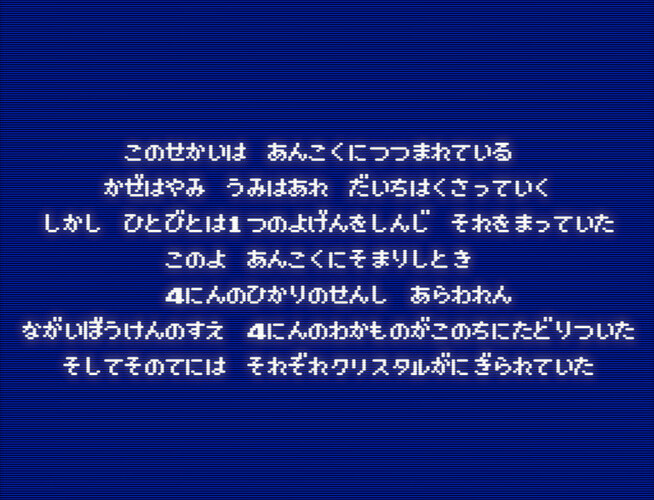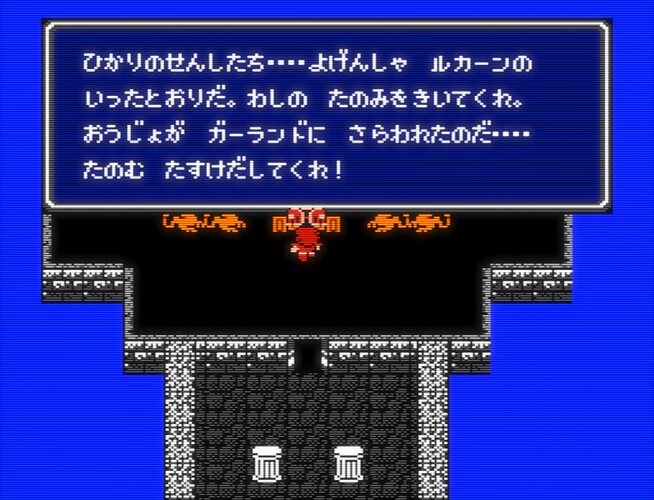The problem with these comparisons is that you’re always going to be much more familiar with one spelling than an other. That biases any evaluation heavily.
For instance if you asked me which of these two Russian sentences are easier to read:
Все счастливые семьи похожи друг на друга, каждая несчастливая семья несчастлива по-своему.
Vse schastlivye sem’i pohozhi drug na druga, kazhdaja neschastlivaja sem’ja neschastliva po-svoemu.
I would tell you that the former is obviously much nicer, but that’s just because that’s just how I’m used to reading Russian and I have photographic memory for all these words.
Meanwhile other Slavic languages like Polish or Serbian show that you can in fact completely write this family of languages with the Latin script, it’s just a matter of preferences and historical happenstance.
That’s why I’m always skeptical of people doing things like writing a full sentence with kanji and then full kana to demonstrate that “Japanese needs kanji otherwise it’s super hard to read!”
For instance here’s a random example of this argument I found on the Tofugu blog:
今日、 寿司を 食べに 行きますか?
きょう、すしをたべにいきますか?
Do you notice the difference? The second sentence is very difficult to read.
This is true of course, but the underlying assumption is that there are only two possibilities for writing Japanese: with kanji or just as direct hiragana transcriptions. In reality if you just add spaces it already becomes a lot more approachable:
きょう、すしを たべに いきます か?
And maybe sometimes it would be helpful to note for instance pitch accent or other phonetic features missing from modern hiragana, but that could also be added with, for instance, diacritics (see how Vietnamese works for instance, or even Korean).
If you play old Japanese videogames, they often lack the memory to have kanji, so you have full-kana everything:
I do find this harder to read than with kanji but, again, how much of that is just familiarity?
That doesn’t mean that I’m arguing that Japanese should drop kanji entirely (again, I do enjoy studying them and find them fascinating) but I also want to push back against any unreasonable fetishization of the Japanese writing system which is, overall, rather overcomplicated and inefficient.


